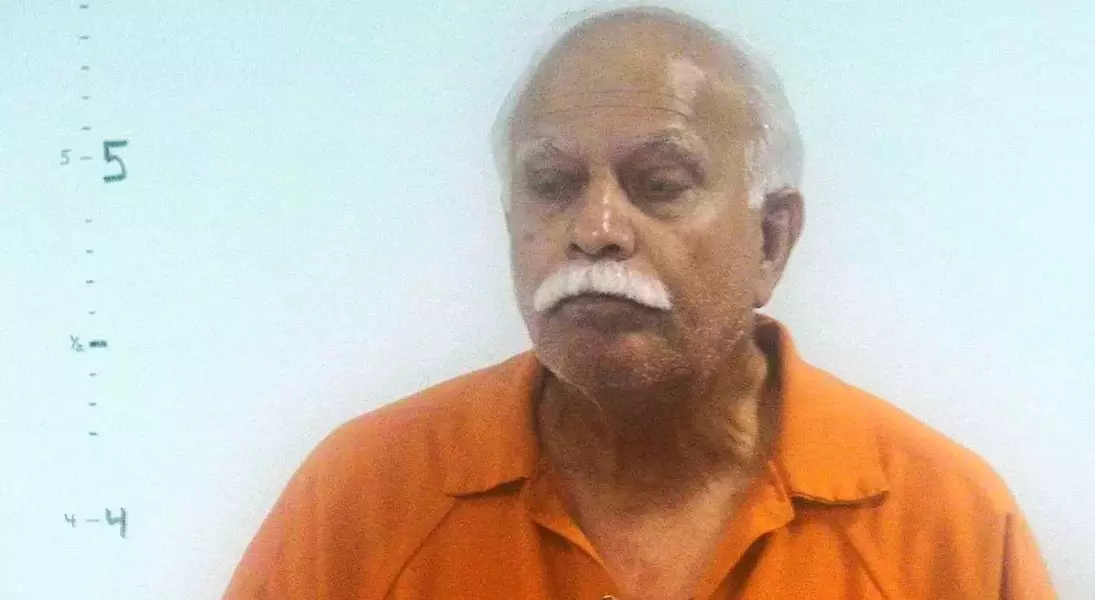The federal indictment against Chesapeake Regional Medical Center (CRMC) has exposed a troubling narrative of alleged healthcare fraud and patient endangerment. For nearly four decades, CRMC allegedly allowed Dr. Javaid Perwaiz to perform unnecessary surgeries and obstetric procedures, leading to significant harm and financial misconduct. The case highlights the hospital’s complicity in prioritizing profits over patient safety, raising serious questions about accountability and oversight in the medical industry.
Justice for Victims: Holding CRMC Accountable for Years of Negligence and Fraud
The Roots of the Alleged Conspiracy
The origins of this controversy trace back to 1984 when CRMC initially granted privileges to Dr. Javaid Perwaiz. Despite receiving warnings from Maryview Hospital regarding Perwaiz's history of performing unnecessary surgeries, CRMC proceeded to grant him full access to its facilities. This decision marked the beginning of a long-standing relationship that would eventually unravel under intense scrutiny. Over the years, Perwaiz became a prolific figure at CRMC, conducting a wide range of medical procedures, including hysterectomies and obstetric deliveries. However, it was not until his arrest in 2019 that the true extent of his actions came to light.The indictment paints a disturbing picture of a hospital that turned a blind eye to Perwaiz's malpractice. Evidence suggests that CRMC was fully aware of Perwaiz's problematic past, including his termination from another hospital and his conviction for federal felonies in 1996. Yet, instead of addressing these red flags, CRMC allegedly continued to provide him with unfettered access to patients. This decision had far-reaching consequences, as Perwaiz reportedly performed countless medically unnecessary procedures, many of which were conducted without valid consent forms.A Systematic Pattern of Financial Misconduct
Beyond the ethical violations, the indictment also alleges a systematic pattern of financial misconduct. According to the charges, CRMC knowingly facilitated Perwaiz's fraudulent practices by allowing him to misclassify inpatient surgeries as outpatient procedures. This classification shift enabled the hospital to receive higher reimbursements from healthcare benefit programs such as Medicare, Medicaid, TRICARE, and various private insurers. The indictment further claims that CRMC was aware that some health care benefit programs would refuse to reimburse hospitals for inpatient procedures performed on an outpatient basis, yet they persisted in this practice to maximize their profits.Moreover, Perwaiz allegedly scheduled elective inductions before 39 weeks of gestation, a practice that violated standard medical guidelines. To justify these early deliveries, Perwaiz submitted obstetric flowsheets with fabricated due dates, ensuring that the procedures appeared compliant with healthcare regulations. A review of Medicaid patients revealed that approximately 64% of the forms contained altered information, resulting in around 39% of Perwaiz's patients being induced prematurely for no medical reason. Despite this alarming data, CRMC allegedly continued to support Perwaiz's practices, prioritizing financial gain over patient well-being.The Broader Implications for Patient Safety and Trust
The allegations against CRMC raise profound concerns about patient safety and trust in the healthcare system. Patients who sought care at CRMC did so with the expectation that they would receive competent and ethical treatment. Instead, they were subjected to unnecessary and potentially harmful procedures. The hospital's alleged complicity in this scheme not only jeopardized the health of countless individuals but also eroded public confidence in the institution.The indictment underscores the critical importance of rigorous oversight and accountability within the healthcare sector. Hospitals must be held to the highest standards of integrity and professionalism, ensuring that patient care is never compromised for financial gain. In this case, CRMC's failure to uphold these principles has left a lasting impact on the lives of many women and their families. The pursuit of justice for these victims is paramount, and it serves as a stark reminder of the responsibilities that come with providing medical care.Potential Repercussions and Future Actions
As the legal proceedings unfold, the ramifications for CRMC could be significant. The hospital now faces multiple charges, including healthcare fraud and conspiracy to defraud the U.S., as well as interference with government functions. These charges carry severe penalties and could result in substantial financial repercussions for the institution. Additionally, the reputational damage inflicted by this scandal may have long-term effects on CRMC's standing within the medical community and among patients.Moving forward, it is crucial for regulatory bodies and law enforcement agencies to remain vigilant in investigating and prosecuting similar cases. The healthcare industry must prioritize transparency and accountability to prevent future instances of fraud and malpractice. Patients deserve to feel confident that the institutions they entrust with their health are committed to delivering safe and ethical care. The ongoing efforts to hold CRMC accountable represent a vital step toward restoring faith in the healthcare system and ensuring that justice prevails for all affected parties.
